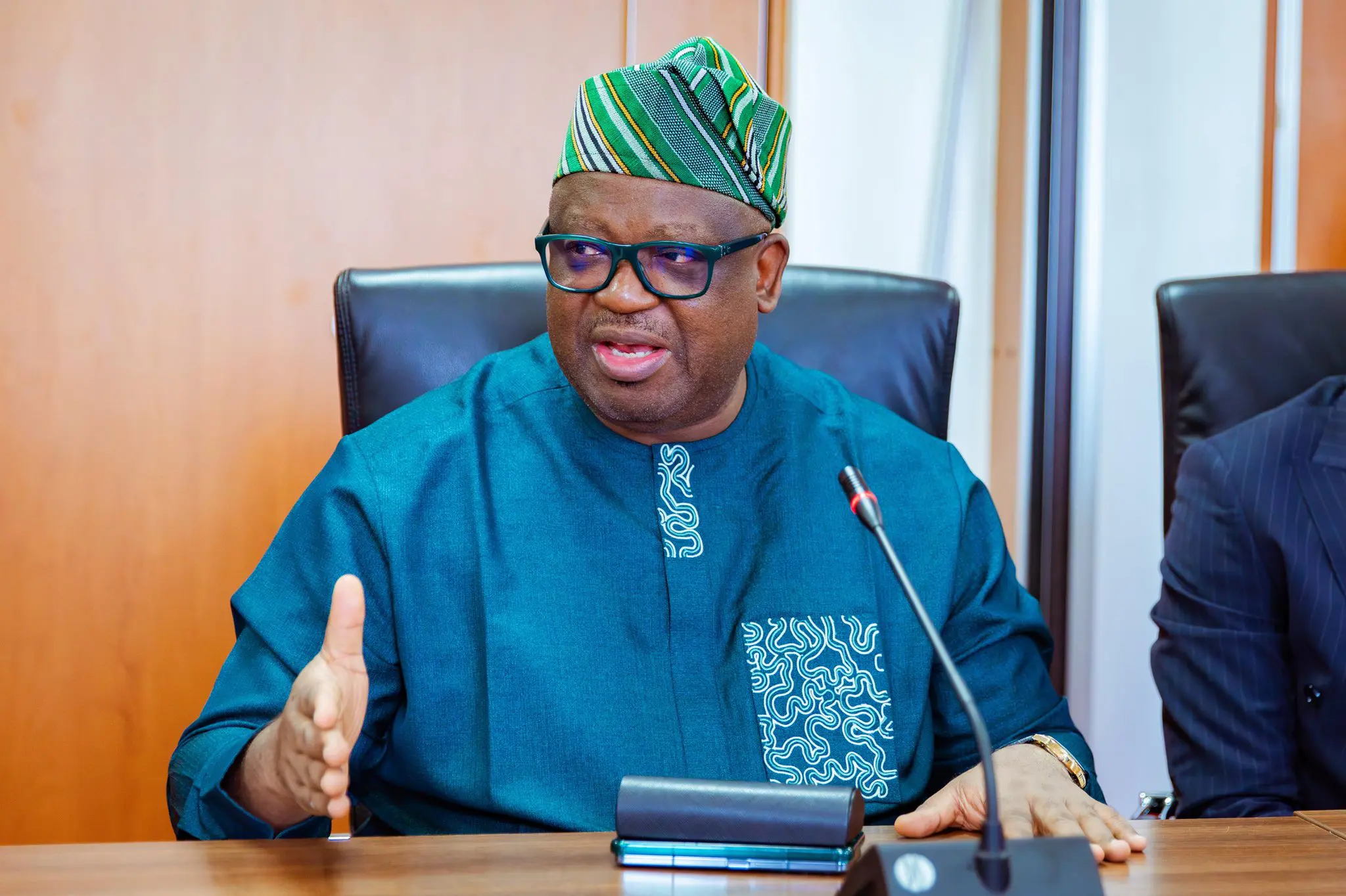Fed Up PGA Tour Pro Criticizes Scottie Scheffler & Co.’s Decisions Putting Golfers’ Careers at Risk

Starting in the 2026 season, the number of full-time PGA Tour cards will be reduced from 125 to 100, making it more challenging for players to secure and retain their status. This decision has sparked controversy among players, with some, like Lanto Griffin, voicing concerns about the impact on those who rely on the tour for their income.
In a candid conversation on the Under Pressure podcast with Ryan French, Griffin expressed his growing frustration with the recent changes in the PGA Tour’s structure, particularly the reduction in full-field events and the shrinking number of tour cards. Griffin highlighted how these decisions disproportionately affect players like him, who rely on consistent performance to maintain their status.
He said, “I completely disagree with making the tour smaller. I’ve been very outspoken, too. Probably impacted me the last two years. This year, I got voted on the pack, I didn’t want to go through the same frustration as I did last year.” He then talked about how the structure changes will affect every other player as well, “They’re at the very top and then all of a sudden you started making changes and you know it’s golf, it’s hard. The other thing I would say is like, when you’re in that situation, it’s really hard to think how it is of a journeyman or the kid coming up that’s not gonna be able to do Monday qualifiers, or you know there’s gonna be less cards, it’s hard to put yourself in their shoes.”
ADVERTISEMENT
Article continues below this ad
The implementation of this decision was made by PGA Tour’s Player Advisory Council (PAC), of which world number 1, Scottie Scheffler, is a member.
Reflecting on his own experiences, Griffin highlighted the challenges faced by journeyman golfers. He noted that a mediocre week for top players like Scottie Scheffler might still result in a top-five finish, whereas for players like him, a similar performance could mean missing the cut. This disparity underscores the increasing difficulty for lower-ranked players to compete and maintain their status. The one-time PGA Tour winner even joked about it, “We were joking actually today in the gym, we were joking that like a bad week for Scotty’s like fifth. Yeah. But when I finished third at Napa, that’s like Scotty winning CJ Cup by 12. Yeah. Or winning a major by six.”
ADVERTISEMENT
Article continues below this ad
Another significant change is the reduction in field sizes for many tournaments. Full-field events are being decreased from 156 to 144 players, and in some cases, to 120 players. Griffin expressed concern that these changes are driven by a small group, citing “pace of play” issues, which he described as insulting to players’ intelligence. He believes that implementing stricter enforcement of the existing pace of play rules would be a better solution than cutting players.
While Scheffler has not said anything regarding the field size and reduction in tour cards, he has, however, been vocal in his criticism of recent changes to the Tour Championship format. The PAC unanimously supported the elimination of the controversial ‘starting strokes’ system, which had previously awarded players a head start based on their position in the FedEx Cup standings. While the intention was to simplify the competition, Scheffler expressed concerns that the new format might not adequately reward consistent performance throughout the season. He emphasized the importance of maintaining a balance between fairness and the integrity of the competition.
Other players have also voiced their reservations regarding the format changes. Xander Schauffele, a prominent PGA Tour player, echoed Scheffler’s sentiments, highlighting the potential for the new system to diminish the significance of a player’s performance over the course of the season. Schauffele and Scheffler both criticized the PGA of America’s decision not to implement “lift, clean, and place” during the 2025 PGA Championship at Quail Hollow, despite muddy conditions. They argued that the ruling led to unfair play, penalizing those who landed in the fairway, and turning the game into a lottery. This incident underscored the players’ concerns about the Tour’s decision-making processes and their impact on the game.
However, while Griffin might believe that Scheffler and co from the PAC are to be pointed fingers at, the ultimate decision always rests within the PGA Tour policy board. And as the PGA Tour continues to evolve, it will be crucial for its leadership to consider the perspectives of its players. Engaging in open discussions and addressing concerns will be vital in maintaining the trust and support of the players, who are central to the Tour’s success and the sport’s growth.
While Lanto Griffin’s main criticism focused on the broader PGA Tour politics and the decisions of top players like Scottie Scheffler, the conversation also highlights a deeper contrast: the stark difference between how elite golfers experience ‘bad weeks’ and the very real stakes faced by journeyman players fighting to keep their cards.
The Elite’s ‘Bad Week’ vs. the Journeyman’s Reality
The PGA Tour is undergoing significant structural changes that are reshaping the landscape for its players. While top-ranked golfers like Scottie Scheffler, Jon Rahm, and Rory McIlroy continue to dominate, journeyman players face an increasingly precarious path. Lanto Griffin, a one-time PGA Tour winner, has been vocal about the disparities between the experiences of elite players and those on the fringes of maintaining their tour cards.
Scottie Scheffler’s recent victory at the Procore Championship in Napa, California, marked his sixth win of the 2025 season, underscoring his consistent excellence. In contrast, journeyman players like Griffin often measure success differently. Griffin’s third-place finish at the same tournament was a significant achievement, propelling him to 98th in the FedEx Cup standings and keeping his hopes alive for retaining his PGA Tour card. His emotional response highlighted the pressure faced by players outside the top echelons: “Playing good golf is so much fun, and playing bad golf is pretty brutal on your psyche,” Griffin shared after his performance.
ADVERTISEMENT
Article continues below this ad
For journeymen, the stakes are high. Griffin’s journey to secure his tour card involved a rigorous process, including winning the PGA Tour Q-School in 2022 after a challenging 2021 season. His 2025 campaign has been a testament to resilience, with a notable third-place finish at the Procore Championship. However, the path remains fraught with challenges, as the reduction in full-time PGA Tour cards from 125 to 100 amplifies the competition and the pressure to perform consistently.



